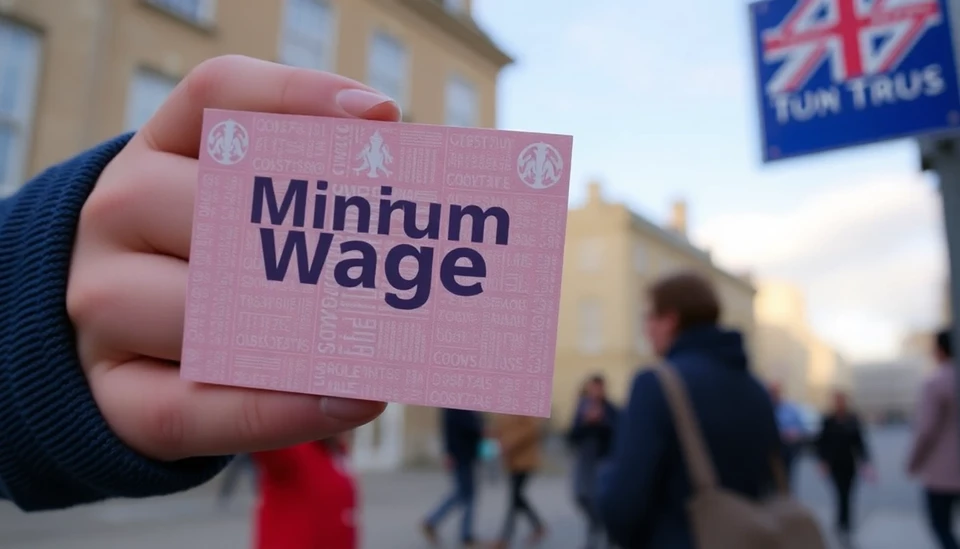
In a promising move that aims to bolster the financial well-being of workers across the United Kingdom, the government has announced a scheduled increase in the minimum wage for the forthcoming year. As of April 2024, the national living wage will see an impressive rise of 6.7%, elevating it to £11.95 per hour. This move is not only a response to the ongoing cost of living crisis but also serves to exceed inflation rates, which have been a pressing concern for many households.
The announcement has been met with enthusiasm from various sectors, as it is expected to significantly benefit low-income workers. The rise is a reflection of the government's commitment to ensuring fair remuneration practices and tackling economic disparities. With inflationary pressures affecting the economy at large, the increase illustrates a positive step towards protecting the purchasing power of workers.
According to government officials, the increase in minimum wage coincides with a broader strategy to enhance the financial stability of the workforce while also stimulating consumer spending. As household economies strain under rising prices, the substantial wage increase could potentially provide the boost needed to improve living standards for many families struggling to make ends meet.
Labor unions have lauded the decision, stating that it underscores the necessity of rewarding essential workers who have kept the country functioning throughout challenging times, particularly during the pandemic and subsequent recovery phases. The rise is seen as a long-overdue recognition of their contributions to the economy and society at large.
Critics, however, caution that while the wage increase is beneficial, it might lead to unintended consequences such as potential job losses or increased operational costs for small businesses. They argue that it is crucial for the government to implement supportive measures that can help smaller enterprises adjust to the higher wage demands without compromising their viability.
Overall, as the UK prepares for this significant adjustment in minimum wage, all eyes will be on its effects on the economy, especially concerning consumer confidence and small business sustainability. With a promising start to the new year, the potential for improved living conditions remains hopeful for many workers across the nation.
As we approach April 2024, the UK government's decision to elevate the living wage beyond the current inflation rates may serve as a pivotal moment in labor relations, promising to reshape the landscape of employment standards in the country.
#UKMinimumWage #LivingWage #Inflation #Economy #WorkersRights #CostOfLiving #LaborUnion #SmallBusinessSupport
Author: Rachel Greene

